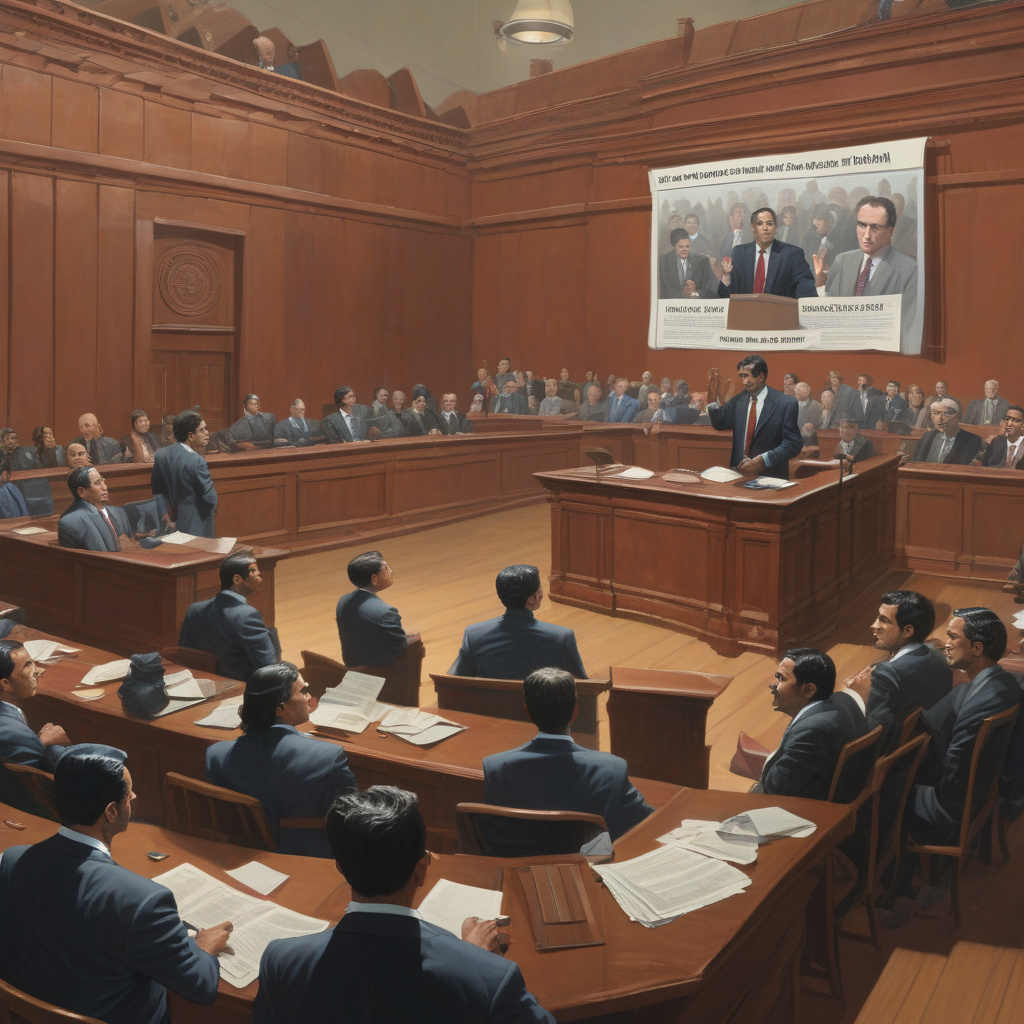OpenAI Faces Legal Action from Indian News Companies
OpenAI, renowned for its groundbreaking work in artificial intelligence, is now in the spotlight for a different reason – a lawsuit over alleged copyright infringement in AI content use. The Indian news companies have taken legal action against OpenAI, claiming that the organization has been using their content without proper authorization, raising important questions about the intersection of AI technology and copyright laws.
The crux of the issue lies in how OpenAI’s AI systems have been trained on vast amounts of text data, including news articles from various sources. While the goal has been to advance AI capabilities such as natural language processing and text generation, concerns have been raised about the potential misuse of copyrighted material in the process. The Indian news companies assert that their content has been used without permission, leading to the legal battle that has ensued.
This case underscores the complexities that arise when cutting-edge technology collides with traditional legal frameworks. As AI continues to push boundaries and blur lines between human-generated and machine-generated content, it becomes imperative to establish clear guidelines for the ethical and legal use of AI systems. Copyright laws, designed to protect the intellectual property of creators, now face the challenge of adapting to the digital age and the capabilities of AI.
While OpenAI has maintained that its use of content is within legal boundaries, the lawsuit highlights the need for greater transparency and accountability in AI development. As AI systems become more sophisticated and autonomous, ensuring compliance with copyright laws and ethical standards becomes paramount. The outcome of this legal action could set a precedent for future cases involving AI content generation and usage.
Beyond the legal implications, this case also brings to light broader questions about the responsibilities of organizations working in the AI space. As AI technologies become increasingly intertwined with everyday life, from content generation to decision-making processes, the need for ethical considerations and safeguards grows more urgent. Balancing innovation with accountability is key to fostering trust and ensuring the positive impact of AI on society.
In navigating these complex issues, collaboration between technology companies, legal experts, and content creators is essential. Establishing clear guidelines and best practices for AI development and deployment can help mitigate risks and build a framework for responsible innovation. Transparency about data sources, training processes, and usage policies is crucial in addressing concerns about copyright infringement and ensuring fair compensation for content creators.
As the legal battle between OpenAI and the Indian news companies unfolds, it serves as a reminder of the evolving landscape of AI ethics and regulations. Finding a harmonious balance between fostering innovation and upholding legal standards is a challenge that requires ongoing dialogue and cooperation. The outcome of this case will not only impact the parties involved but also shape the future direction of AI development and its implications for intellectual property rights.
In the ever-changing realm of technology and law, striking the right balance between progress and protection is a delicate dance. As AI continues to revolutionize industries and transform society, it is essential to approach its development with a keen awareness of ethical considerations and legal responsibilities. The case of OpenAI and the Indian news companies serves as a pertinent example of the challenges and opportunities that lie ahead in the dynamic landscape of AI and copyright law.
OpenAI, AI, Indian news companies, copyright infringement, legal action.












